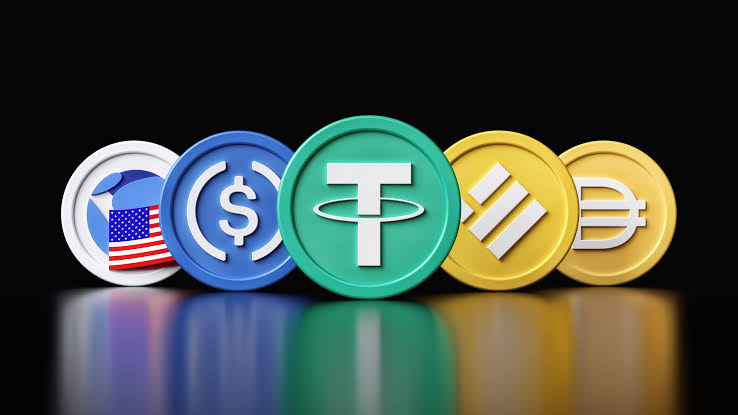Thailand’s Ministry of Finance has formally launched its Tokenized Bond Program, naming KuCoin as the first international crypto exchange to support the initiative. The program represents the world’s first publicly offered tokenized government bond, aimed at opening sovereign debt markets to retail investors while leveraging blockchain technology for accessibility and efficiency.
KuCoin Thailand, the exchange’s locally regulated arm, will oversee subscriptions, redemptions, and listings, working alongside Thai partners XSpring Digital, SIX Network, and Krungthai XSpring. The initial issuance is valued at 5 billion baht (approximately US$153 million).
“This milestone demonstrates Thailand’s commitment to financial innovation and inclusivity,” said Finance Minister Pichai in a press briefing. “By lowering barriers, the Tokenized Bond Program allows citizens to participate with small amounts of capital while benefiting from returns above traditional bank deposits.”
Kucoin’s role in the initiative
KuCoin’s involvement highlights the growing role of global exchanges in government-led digital asset projects. The bonds will first be listed on licensed domestic exchanges, with the possibility of future availability on KuCoin’s global platform, pending additional regulatory approval.
“Our selection as the inaugural global exchange for Thailand’s Tokenized Bond Program stems from our strong regulatory footing in the country,” a KuCoin spokesperson told Decrypt. “This local presence allowed us to form a strategic consortium with Thai partners, making us a trusted collaborator for this historic initiative.”
The exchange also emphasized the challenges of building long-term regulatory confidence. “Robust security against cyber threats and strict AML/KYC compliance in a decentralized environment remain critical,” the spokesperson added.
Balancing innovation with regulatory caution
Thailand approved the Tokenized Bond Program in May 2025, becoming the first country to digitize sovereign debt. The move follows political support from Thaksin Shinawatra, the de facto head of the ruling party, who previously urged the creation of government-backed stablecoins. Prime Minister Paetongtarn Shinawatra has since endorsed broader blockchain adoption as part of Thailand’s economic strategy.
Despite the innovation, regulators remain cautious. Volatility risks inherent to digital assets differ significantly from those of traditional bonds, raising questions about investor protection. Secondary market liquidity also presents a challenge.
KuCoin acknowledged these hurdles, noting that tokenized assets often struggle to “connect global liquidity with seamless public participation,” but argued that its dual presence in domestic and global markets can help bridge the gap.
“The Tokenized Bond Program absolutely serves as a template for other governments,” the KuCoin spokesperson said. “By combining the reliability of government-backed bonds with blockchain’s efficiency and transparency, Thailand is setting an example for financial modernization.”
Global implications for digital assets
Analysts view the launch as a landmark development that could accelerate the integration of real-world assets into digital markets. By tokenizing government bonds, Thailand not only democratizes access for retail investors but also signals to international regulators and policymakers that blockchain-based financial products can coexist with traditional markets.
“Tokenized sovereign bonds are a natural evolution of capital markets,” said Somchai Lertwiset, a Bangkok-based fintech analyst. “If the Tokenized Bond Program succeeds, it could spark a wave of similar initiatives across Asia and beyond.”
Industry observers also note the broader strategic importance. As institutional investors explore regulated pathways into digital assets, tokenized bonds may offer a safer entry point compared to volatile cryptocurrencies. For governments, the model provides a way to attract capital while maintaining sovereign oversight.
KuCoin has indicated plans to replicate the model in other regulated financial jurisdictions, combining localized compliance with its global infrastructure. If successful, Thailand’s program could serve as the blueprint for future public debt offerings worldwide.
Conclusion
The rollout of Thailand’s Tokenized Bond Program is more than a domestic financial experiment as it represents a global shift in how governments may approach debt issuance in the digital era. By pairing blockchain transparency with sovereign reliability, the initiative blends innovation with stability, setting the stage for wider adoption.
Whether other nations follow suit will depend on regulatory adaptability and investor reception, but for now, Thailand stands at the forefront of tokenized finance, with KuCoin as its global partner.












